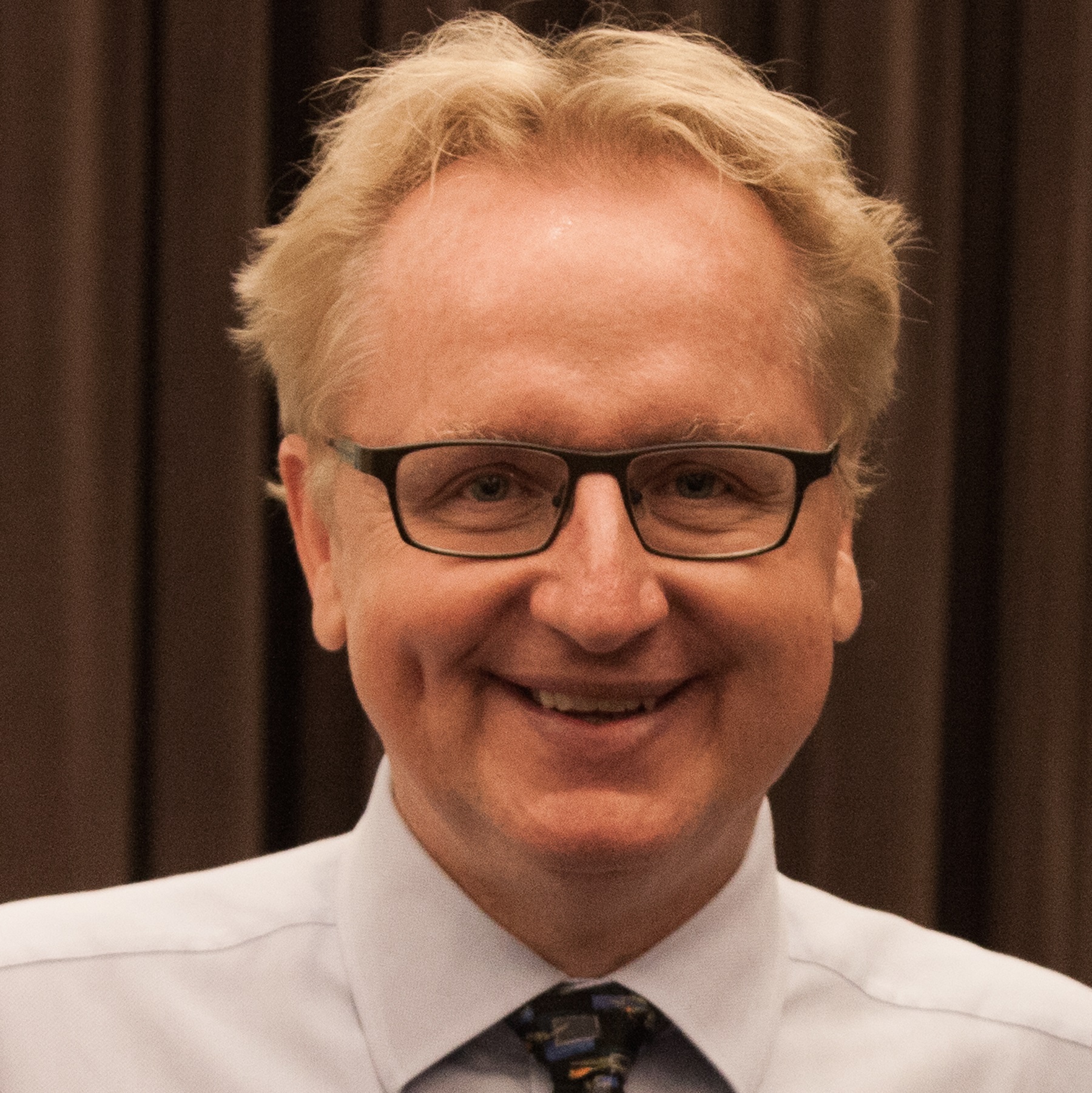Steve Kay studies the complex genetic networks that underlie circadian rhythms in humans, animals and plants. His group pioneered the use of luciferase bioluminescence to visualize transcription in live cells, tissues and intact organisms. He identified mutant organisms based on the timing of gene expression and tested the functional organization of clocks in vivo. He has integrated high throughput data collection with large scale datasets of genomic variation, gene expression or protein content and genetics, computational tools and chemical screens to advance the field.
Steve’s seminal discoveries include the identification of many core clock genes and mapping their circuitry. His laboratory contributed to our understanding of how the 24h clock in plants is used as a seasonal timer for correct flowering time. In human cells, Kay has pioneered the discovery of small molecule drugs targeting specific clock proteins. These drugs have potential as novel therapeutics for treating diseases ranging from diabetes to cancer. His work continues to seamlessly scale our understanding of the dynamics of circadian clocks from the whole organism level down to atomic resolution and translate those discoveries for public benefit.
Professional position
- Provost Professor of Neurology and Director, Michelson Center for Convergent Bioscience, University of Southern California
Subject groups
-
Health and Human Sciences
Medicine, clinical studies
-
Other
Public engagement, Science policy
-
Chemistry
Chemistry, biological
-
Molecules of Life
Biochemistry and molecular biology, Biophysics and structural biology
-
Cell Biology
Genetics (excluding population genetics)
-
Multicellular Organisms
Cellular neuroscience, Pharmacology (non-clinical)
-
Patterns in Populations
Plant sciences / botany

